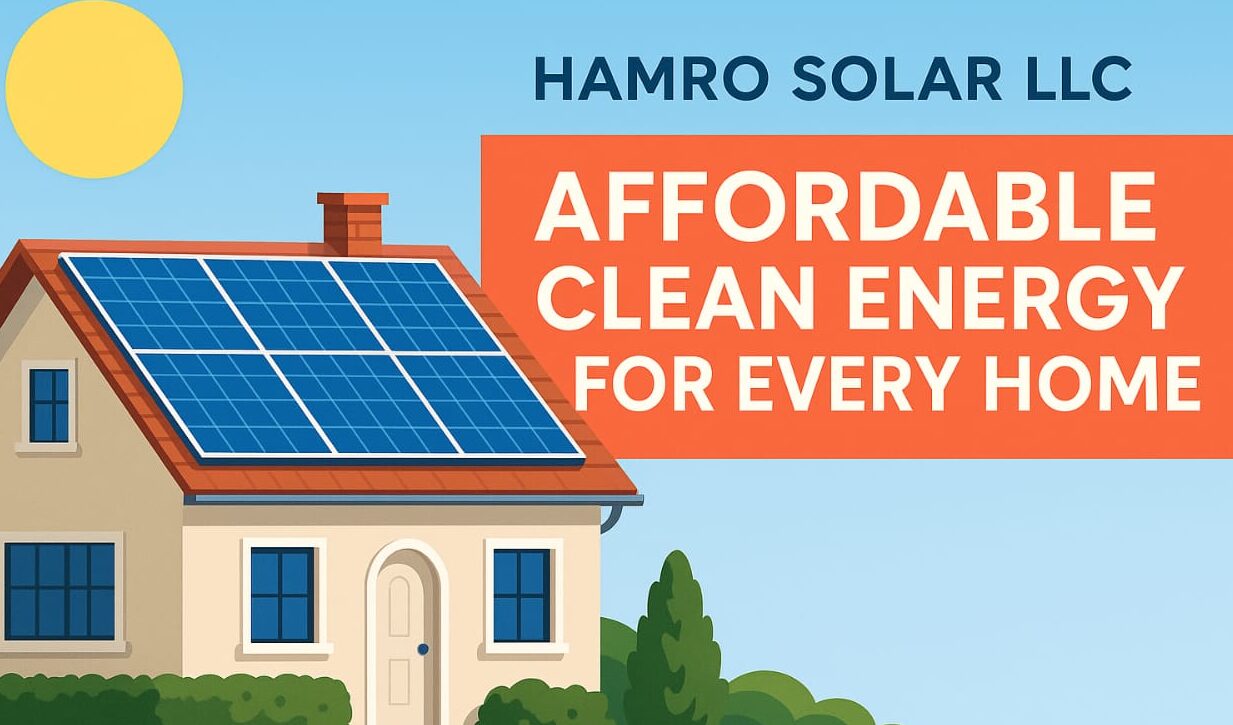HDHubFu Movies Download – Latest HD Films Free Online
Introduction Nowadays, everyone in the digital world wants to enjoy entertainment. Everyone wants new movies, TV shows, and web series—that too easily and without any difficulty. Understanding this demand, many websites have emerged, one of which is HDHub4u or HDHubFu. But the question is, what exactly is this site? Is it okay to use it? … Read more









![What Is [hcooch ch2 h2o]? Structure, Uses Chimestry](https://medicalnewss.com/wp-content/uploads/2025/04/What-Is-hcooch-ch2-h2o-Structure-Uses-Chimestry.jpg)
